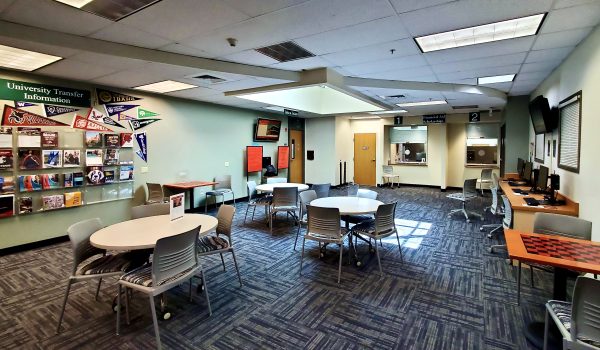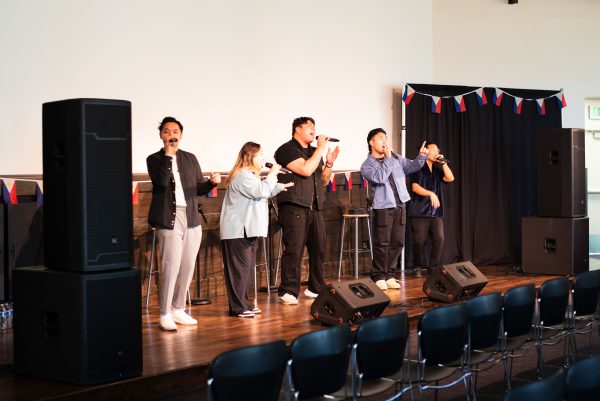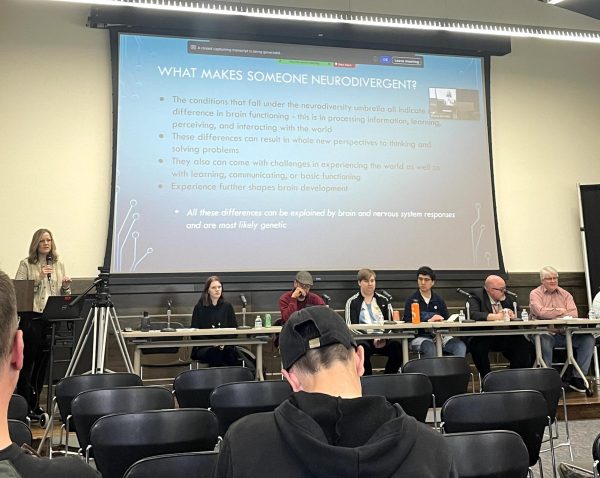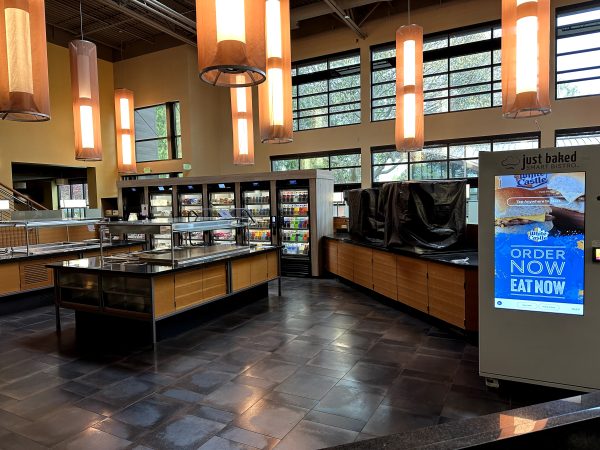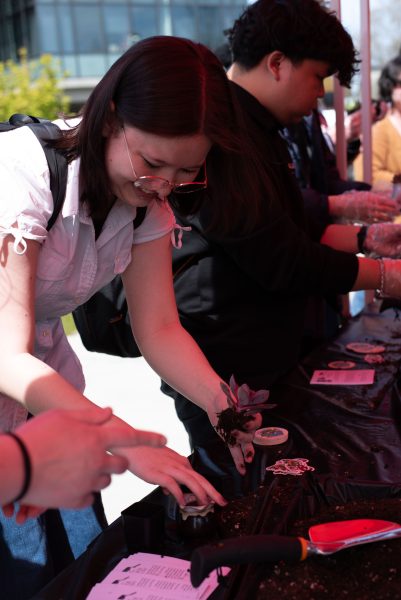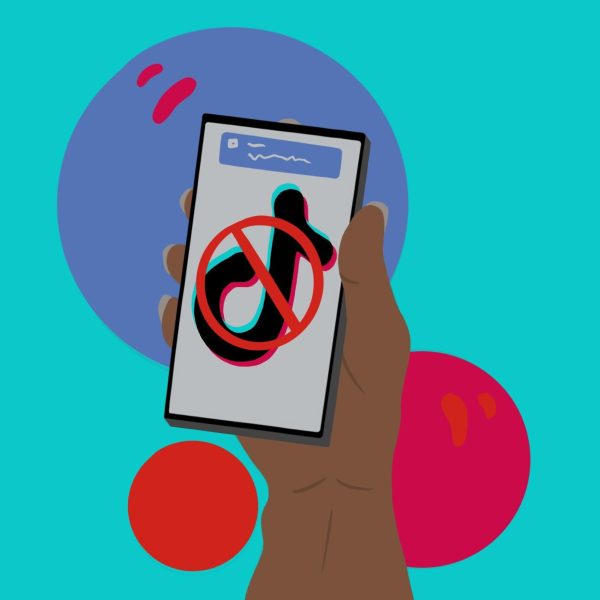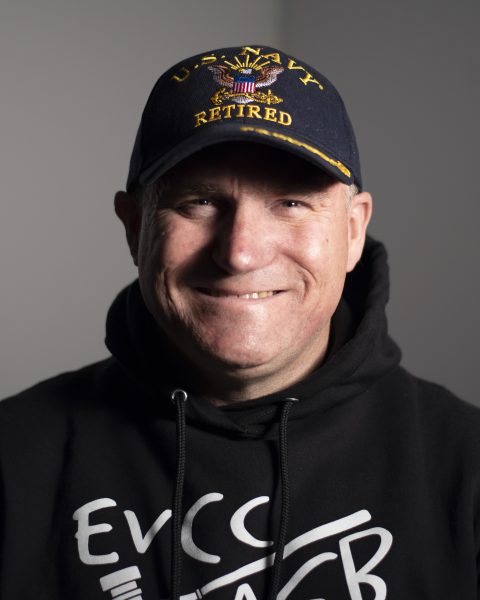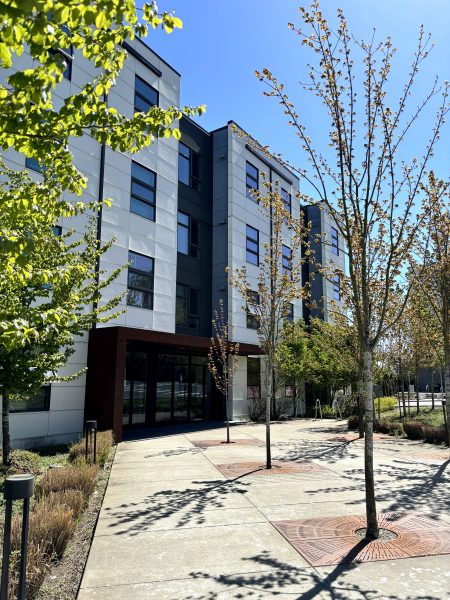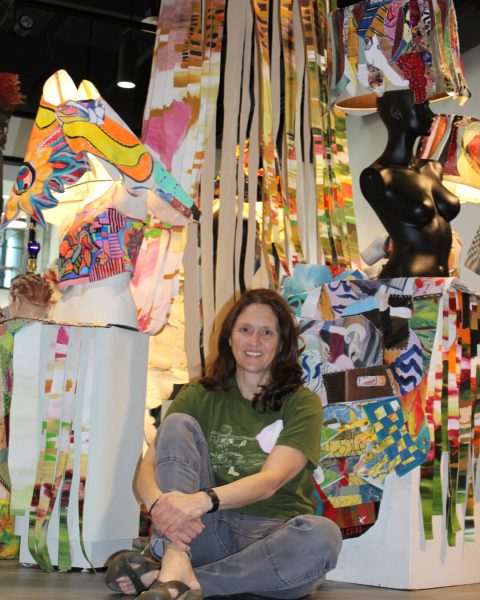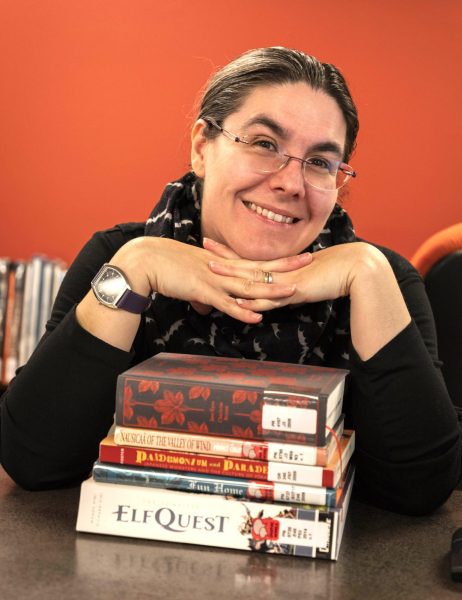Studying Nursing Through COVID-19
National Caner Institute on Unsplash
During the beginning of the pandemic, EvCC’s nursing program switched to fully online for the quarter.
COVID-19 has been a detriment to the education of students everywhere. But for student nurses, they’re working right in the center of the pandemic while learning how to deal with these conditions in healthcare for their future careers. Two of EvCC’s sixth quarter nursing students recap their experience studying through the pandemic; assessing its downsides and what they have learned from these circumstances.
Derek Bluto started EvCC’s nursing program in winter of 2020 and was able to see the changes the pandemic brought right as it hit. Bluto says, “our clinicals are held at long-term care facilities in the first quarter of nursing school.” But to protect the people in those facilities and limit outside contact, “A few of our clinical sites shut their doors to us [student nurses].”

These facilities were also hit with a lack of resources, inhibiting students from getting enough hours needed to get their license. Since a certain number of clinical hours per quarter must be fulfilled, an online system was implemented as a safer alternative to hands-on learning in these facilities. However, this took a toll on many students as little in-person class time as possible. Another EvCC student nurse, Sarah Stoddard, says it was “definitely a detriment to my learning. It was really hard for me missing my in-person training for labor and delivery and pediatric nursing as all of that had to be online.”
Despite its difficulties, online learning did bring one positive aspect. “Using virtual simulation did help you make decisions in a controlled environment before having to practice that in the real world,” Bluto adds. But aside from the educational disadvantages, the dynamic of connecting with other students and peers was also impacted by COVID-19; something that’s important for the field of healthcare. Compared to the online classes, “There was such a difference from the class that was in person, we were much closer and really went through the program struggling and succeeding together, but now it feels much more distant,” Stoddard says.
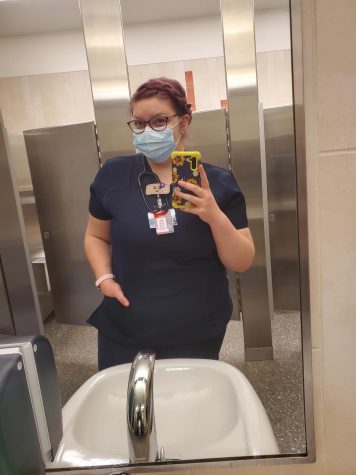
Regardless of any unpleasant situations COVID-19 has brought upon studying nursing, both Bluto and Stoddard are still determined on their decision to go into the medical field. Even with long hours and difficulties it brings, “[Studying nursing] is so rewarding and I’ve grown so much throughout the nursing program. I’ve seen some really broken things and have been a part of some incredibly beautiful moments. COVID is causing a lot of issues in the hospital and there are some things that are really frustrating, but that does not change my passion for nursing.”
Even if you’re hesitant to go into nursing because of the impacts COVID-19 has had on it, Bluto encourages everyone to “try it anyway,” and not let it stop you from exploring this career. Bluto says, “There will always be a crisis or some random virus that comes along, but as far as nursing as a whole, there are so many different types of nursing. So even if you don’t want to work in a hospital or you don’t want to work in a clinic, there will always be an option for you to expand [your] horizons as a nurse.”

Where does the Clipper fit in to your long term goals?
I think journalism has a lot of useful skills you can take just about anywhere in life, and I hope...




